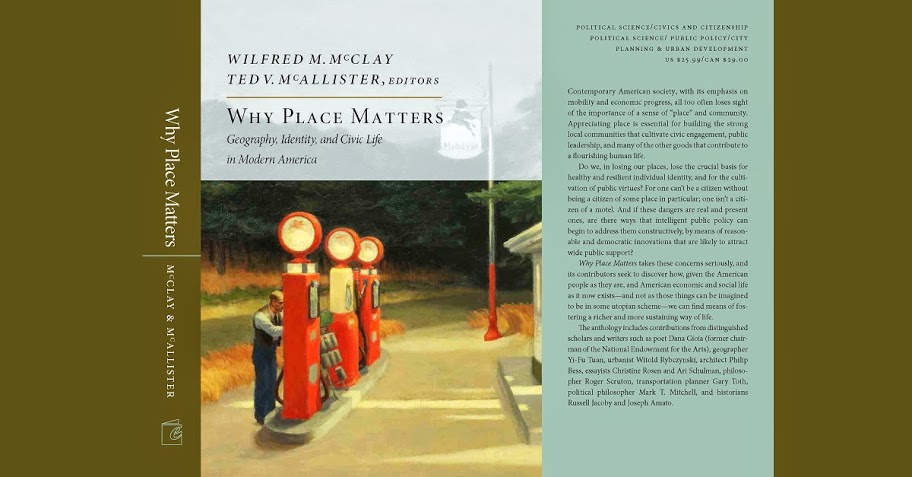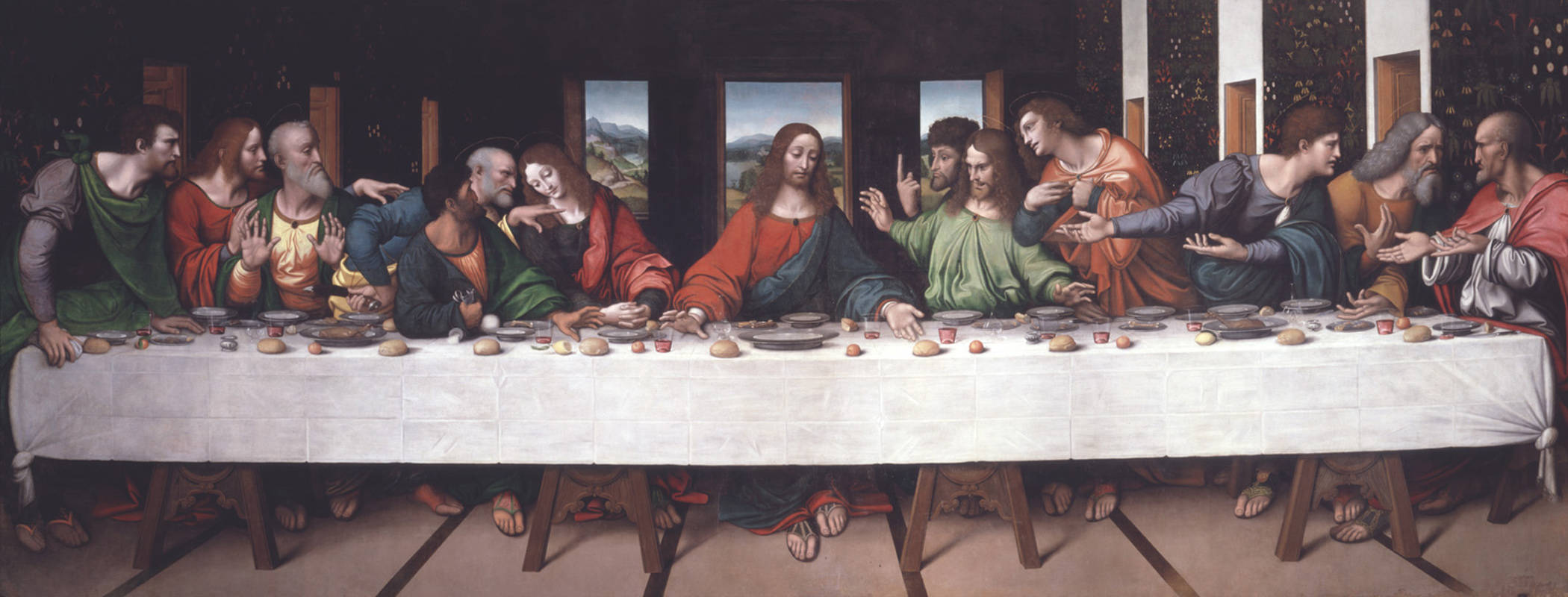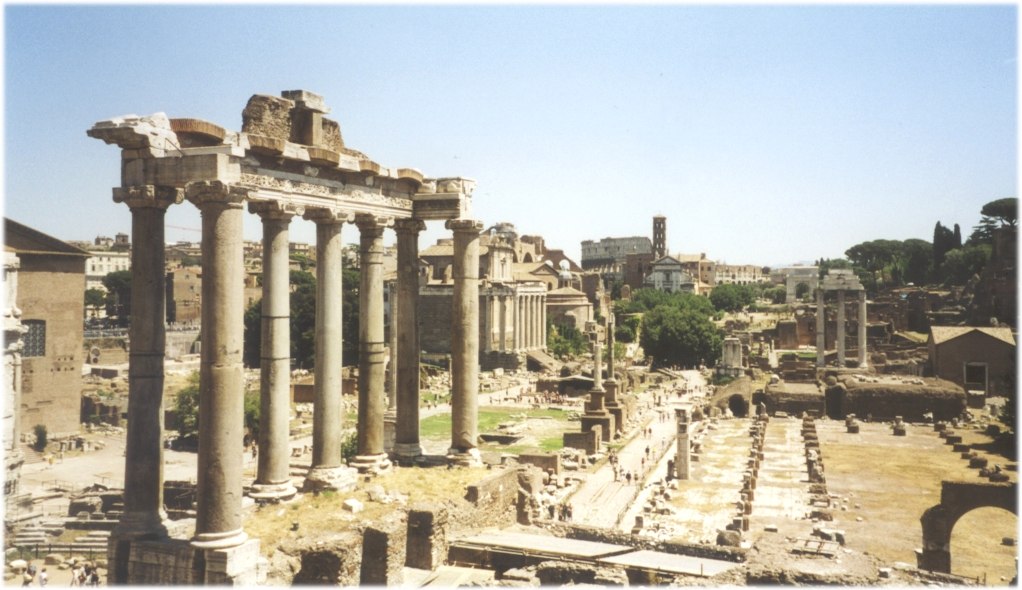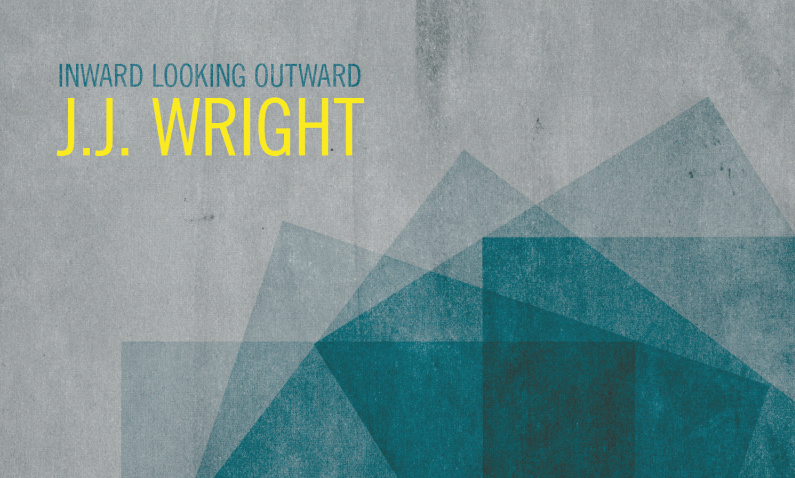Following up on yesterday’s TOC, here are excerpts from the spring issue’s four cover articles. We hope you are as excited as we are:
Love and Money in Ukraine
by Lexi Heywood
It must be understood that corruption in Ukraine has its root in the Ukrainian economy and history. Policemen, doctors, and teachers are paid very poorly and rely on bribes to supplement their paychecks. Astronomically high taxes encourage a flourishing black market that relies on the mafia for protection. Bribery and under-the-table dealings are accepted as the most efficient way to accomplish anything. The recent history of Ukraine is one of upheaval and economic uncertainty, which has created little respect for the rule of law and a dependence on oneself rather than governmental authorities.
Understanding the practicality and background of corruption in Ukraine should not obscure the fact that the results are monstrous. Every time a person pays a bribe, he or she supports a system in which officials can be bought and in which the law carries no respect. The cost is justice and human life: surgeons obtain their degrees without learning anything; the police remain a contemptible force to be feared; commerce is interrupted; roads are not maintained; society is sharply divided into the haves and the have-nots; laws are not enforced; people are reluctant to work hard to achieve something, because effort is not correlated to progress; political opponents of those in power are imprisoned; children and adults are trafficked while officials are paid to turn a blind eye.
In my work, I faced an agonizing decision: pay bribes and thereby give my support to the entire corrupt system, or categorically refuse to pay any bribes on moral grounds and accept the consequences, which would significantly cripple my mission.
The Farmer and the Don
by Jake Meador
This mysterious blending of gratitude, mystery, and healthy limitations is central to Lewis’s entire social vision. Consider this telling excerpt from the end of The Abolition of Man: “For the wise men of old the cardinal problem had been how to conform the soul to reality, and the solution had been knowledge, self-discipline, and virtue. For magic and applied science alike the problem is how to subdue reality to the wishes of men: the solution is a technique; and both, in the practice of this technique, are ready to do things hitherto regarded as disgusting and impious.” That excerpt is one of the most precise distillations of Lewis’s mind in all his works. For Lewis, the fundamental fact about human beings is that we are creatures, which implies a creator. And so in our creatureliness, we live under the merciful limits—to borrow and slightly modify a phrase from Lewis’s friend Sheldon Vanauken—of our creator. But those limits are a small price to pay for experiencing all the joys and wonders of his creation.
The best narrative illustration of this characteristic of Lewis’s thought is That Hideous Strength. There is a strong anti-industrial bent to the novel, as there is in most of Lewis’s fiction, but the criticism Lewis is making turns less on technology itself and more on the understanding of technology’s place in creation. Lewis is rejecting the authoritative role that science is claiming for itself and the fruit of that authority. He is criticizing the fact that scientists refuse to understand their discipline as one performed by creatures.
This sort of thought and argumentation sets the table beautifully for Berry. Berry’s thought is similarly dependent upon the idea that man is a creature living within the healthy limitations set by a benevolent creator. Like Lewis, Berry sees the industrial project as being marked by man’s lust for a power he was never meant to possess. Accepting the limits inherent in creation is pivotal, because acknowledging our finite creatureliness allows us to most fully and healthily revel in the goodness of God’s world. This is the whole point Berry is making in his marvelous work Life is a Miracle. This book is Berry’s response to E.O. Wilson’s Consilience, a book in which Wilson argues that science ought to function as the unifying branch of knowledge under which all others are subsumed.
What’s Sacred to an Advertiser?
by Grady Powell
When language is not taken seriously, cliché phrases obscure human responsibility by inviting us into a world where reflection and consideration of others doesn’t make sense. This campaign appeals to personal responsibility, not only in its direct message, but, even more effectively, in the way it imagines its readers, as humans beings culpable for making mistakes, but also willing and able to change.
In a world saturated by advertising, it is difficult to imagine how we can cultivate language, and therefore imaginations, that have a robust sense of the sacred. Sayers’s question about advertising’s potential hints at what I believe the church has always known about heightening our finer feelings, our sense of the sacred. We cannot permanently withdraw from society if we mean to change it, but we must strategically withdraw in times and spaces that allow us to re-imagine our future, to evaluate our language and form it in new ways that reflect our own purposes. White calls this process “speaking from silence,” an idea he developed from participation in Quaker meetings.
What I believe White is proposing is a type of lectio divina for lawyers and judges, a humble listening, a spiritual posture toward civic language. I would propose the same for advertisers. The language gatekeepers of our consumer economy could help us imagine a new economic reality in which consumers are mature moral agents. This can only take place when all of our language—spiritual, civic, and commercial—is treated as something sacred, as the essential element that fuels our imaginations for making meaning, building community, and shaping the future.
Wooden Minds
by Inez Tan
Another image O’Connor uses to capture the isolating intellectual life is that of willful blindness to others. For example, when exasperated with her mother, Hulga takes on “the look of someone who has achieved blindness by an act of will and means to keep it.” By contrast, non-intellectual characters have a kind of unknowing blindness that is different from disregard, such as what Sarah has in The Comforts of Home: “There was something about the look of [her face] that suggested blindness but it was the blindness of those who don’t know they cannot see.”
In both cases, the danger of the intellectual life is that it has the capacity to displace true regard for other people. Christians, who believe that all of life is meant to be fundamentally relational (man to neighbor, man to God, and even God to Himself within the Trinity), need also be wary of the intellectual life squeezing out God and the church. Tellingly, O’Connor’s intellectuals are all atheists and agnostics. Is she then proposing a dichotomy between being intellectual or Christian? Can you love the life of the mind and follow Christ as well?
O’Connor’s own life suggests so. She was extremely well-read, had a Master’s degree, and recommended aspiring writers take a kind of a liberal arts approach to their craft: “Any discipline can help your writing: logic, mathematics, theology, and of course and particularly drawing. Anything that helps you to see, anything that makes you look.” At the same time, she was singularly unsentimental about the travails of loving one’s neighbor. As she once wrote, “It seems to be fact that you suffer as much from the Church as for it but if you believe in the divinity of Christ, you have to cherish the world at the same time that you struggle to endure it.” Above all, her life and work testified to “the central Christian mystery—that [the world] has, for all its horror, been found by God to be worth dying for.”
I read her intellectual characters’ lack of belief in God as the equivalent of Jesus’s warning against riches. Just as Jesus said, “It is easier for a camel to go through the eye of a needle than for someone who is rich to enter the kingdom of God” (Mark 10:25), so O’Connor’s intellectuals suggest that anyone who finds herself wise in her own eyes—or smart, or well-educated—is ironically unlikely to have room in their life for Truth itself.
[Image of Ukrainian City from Wikipedia]
















